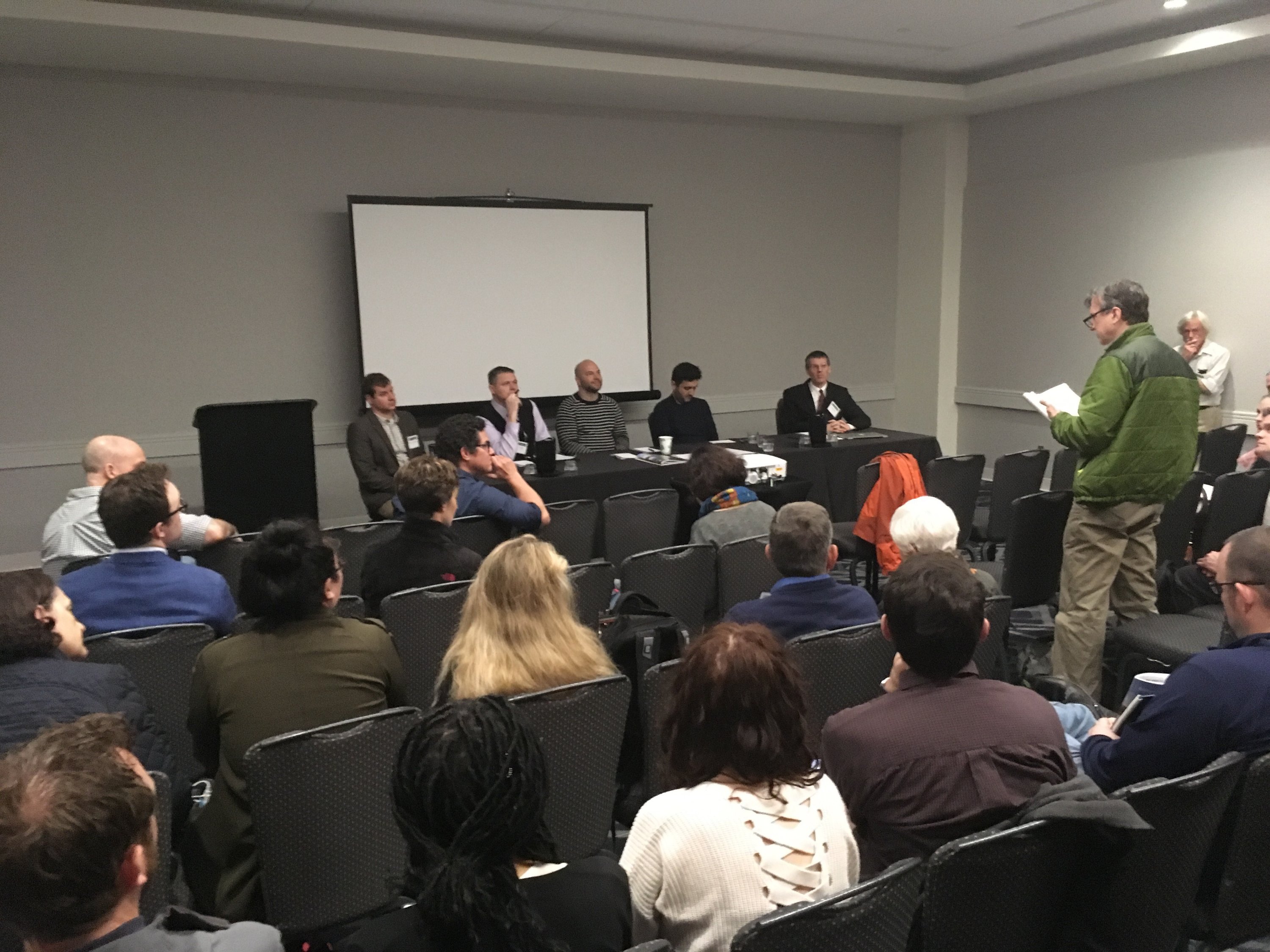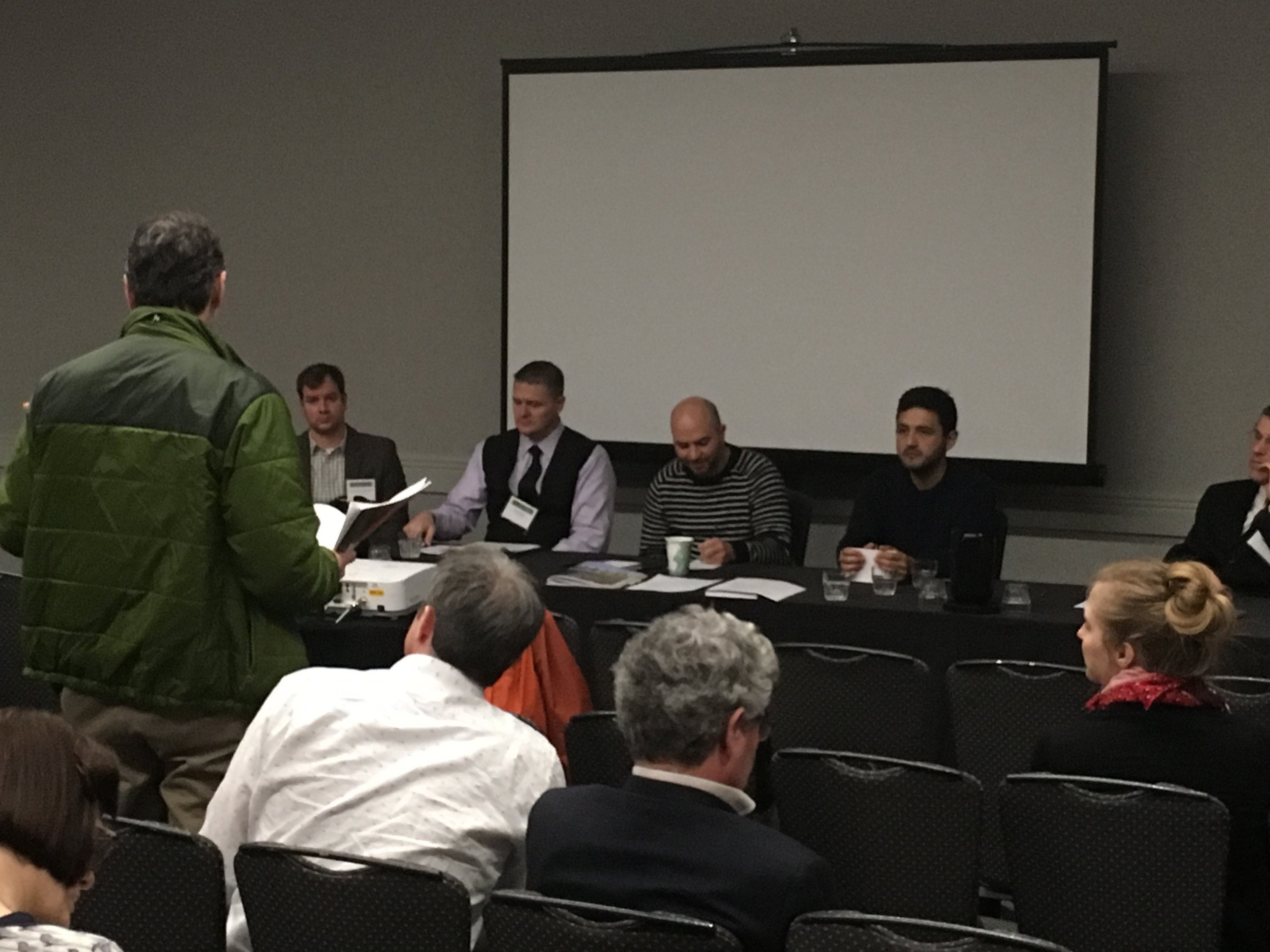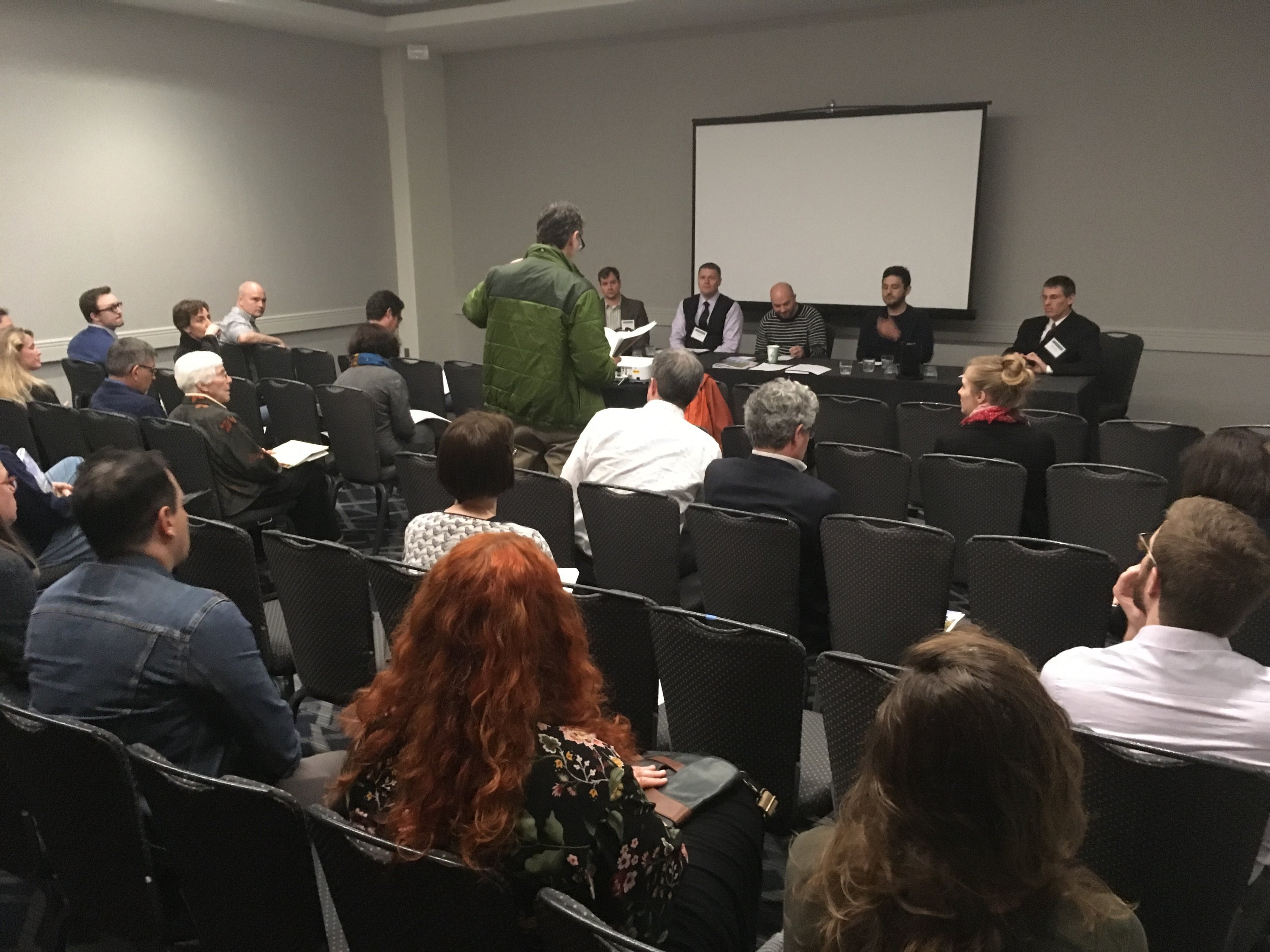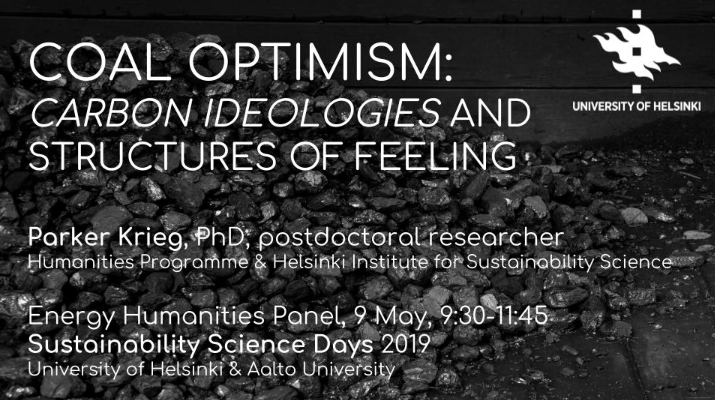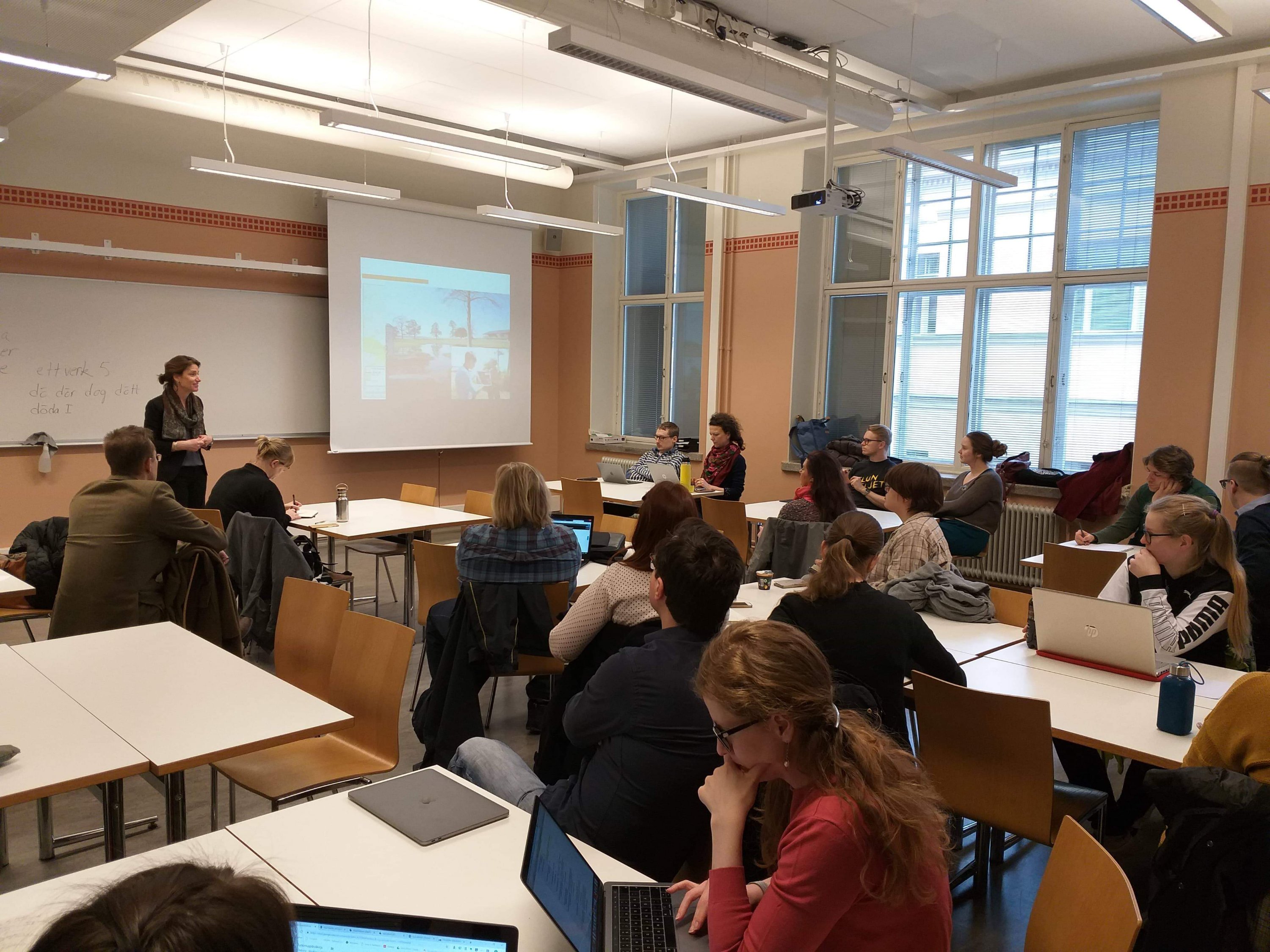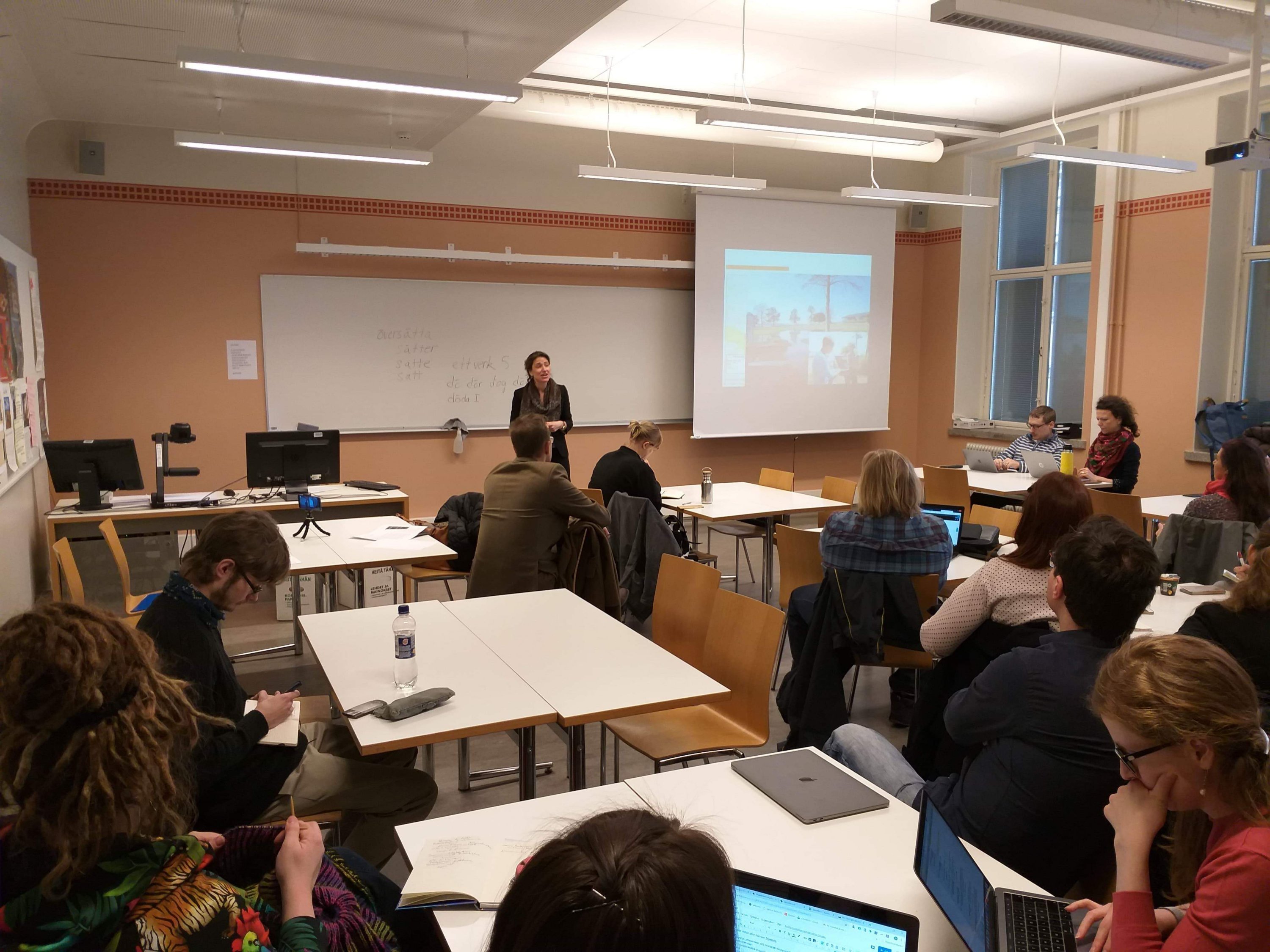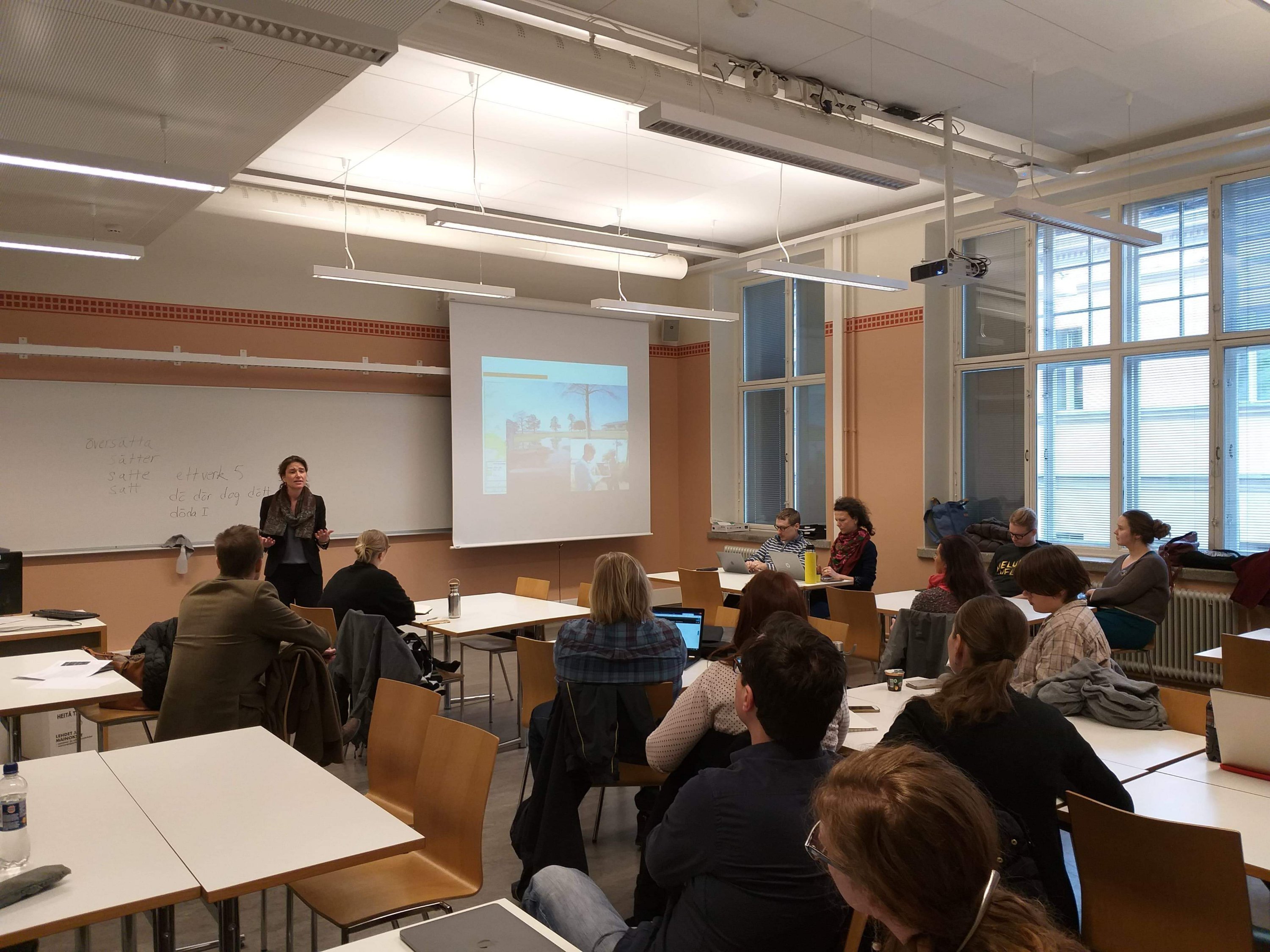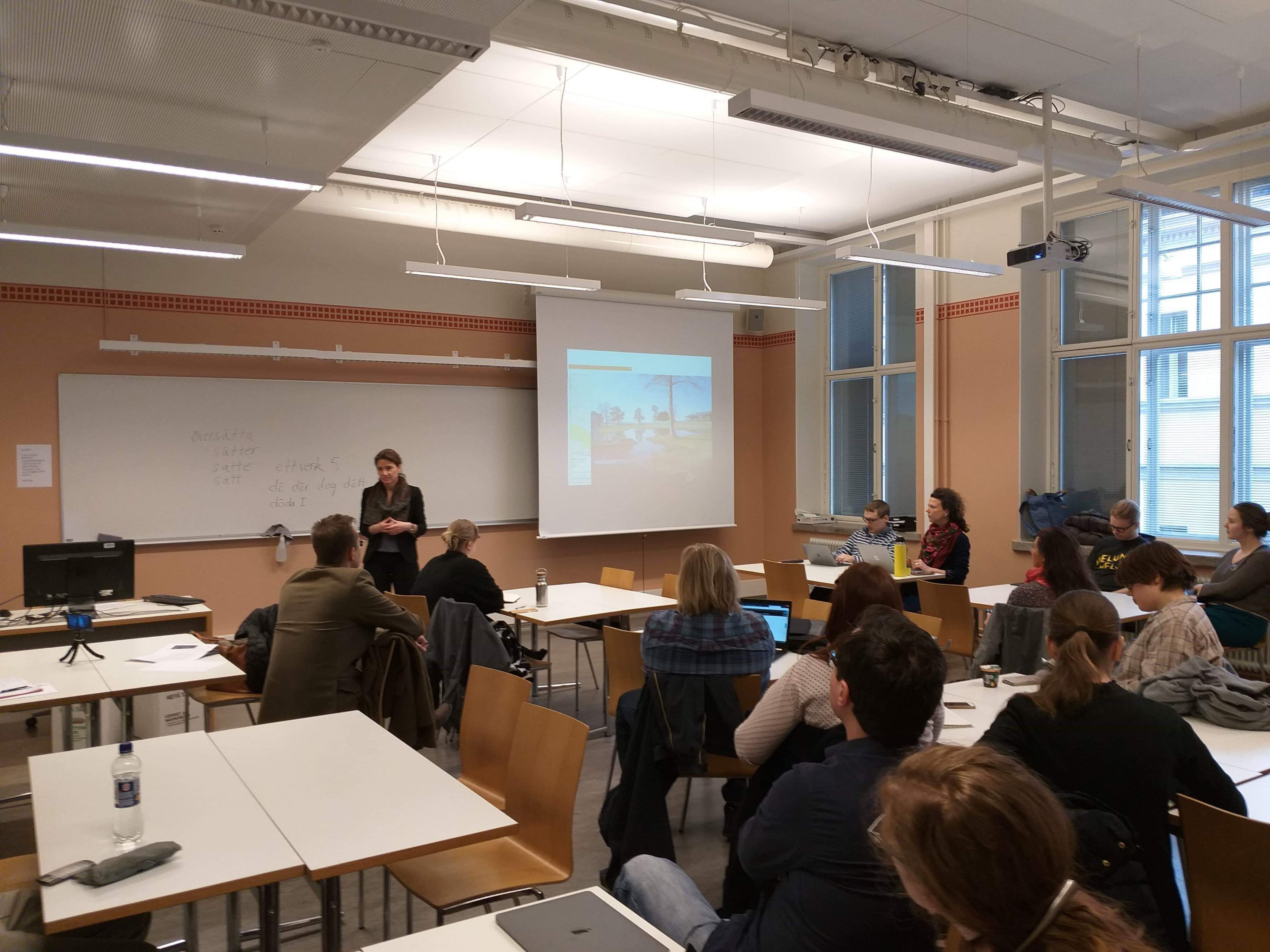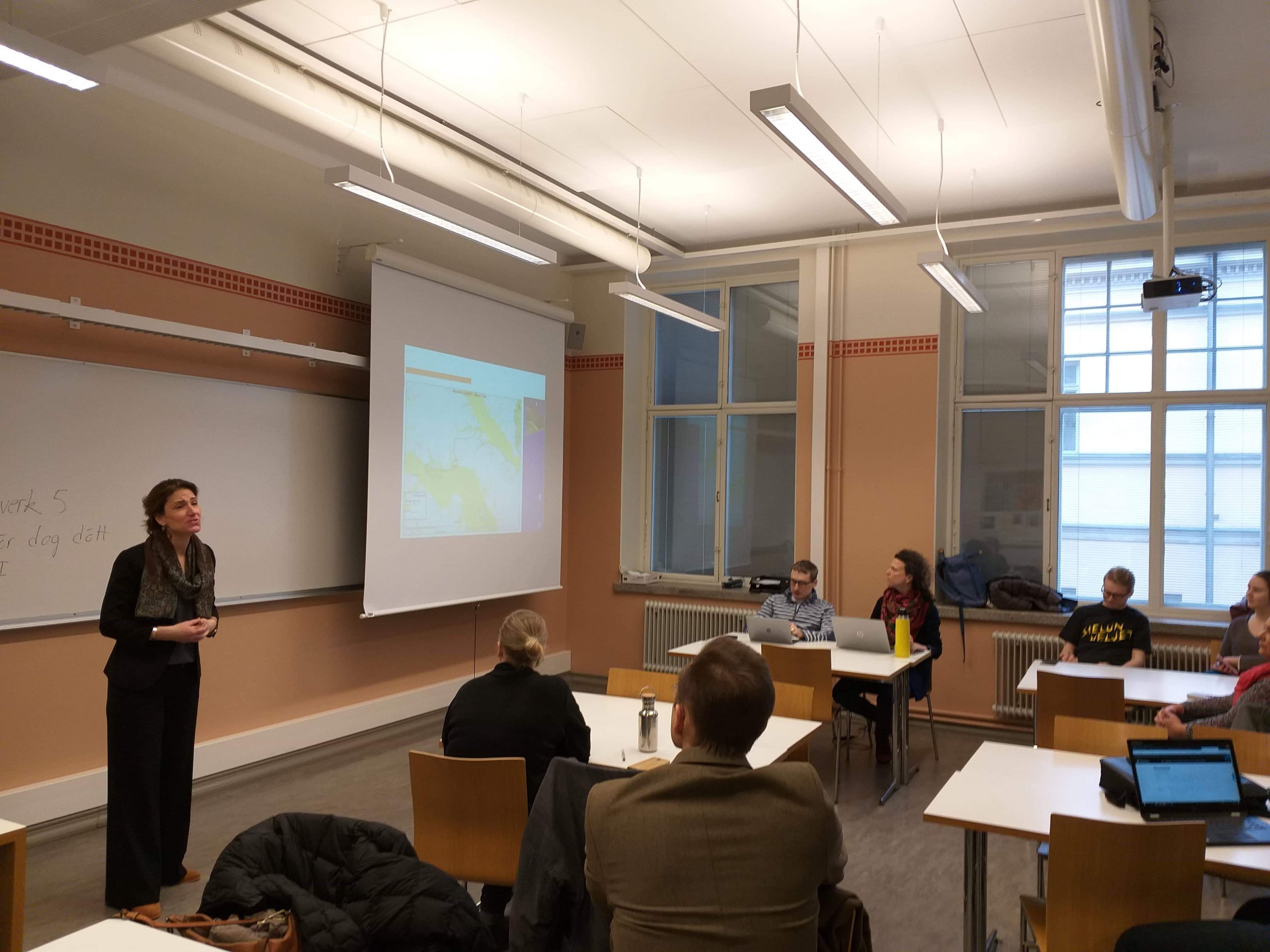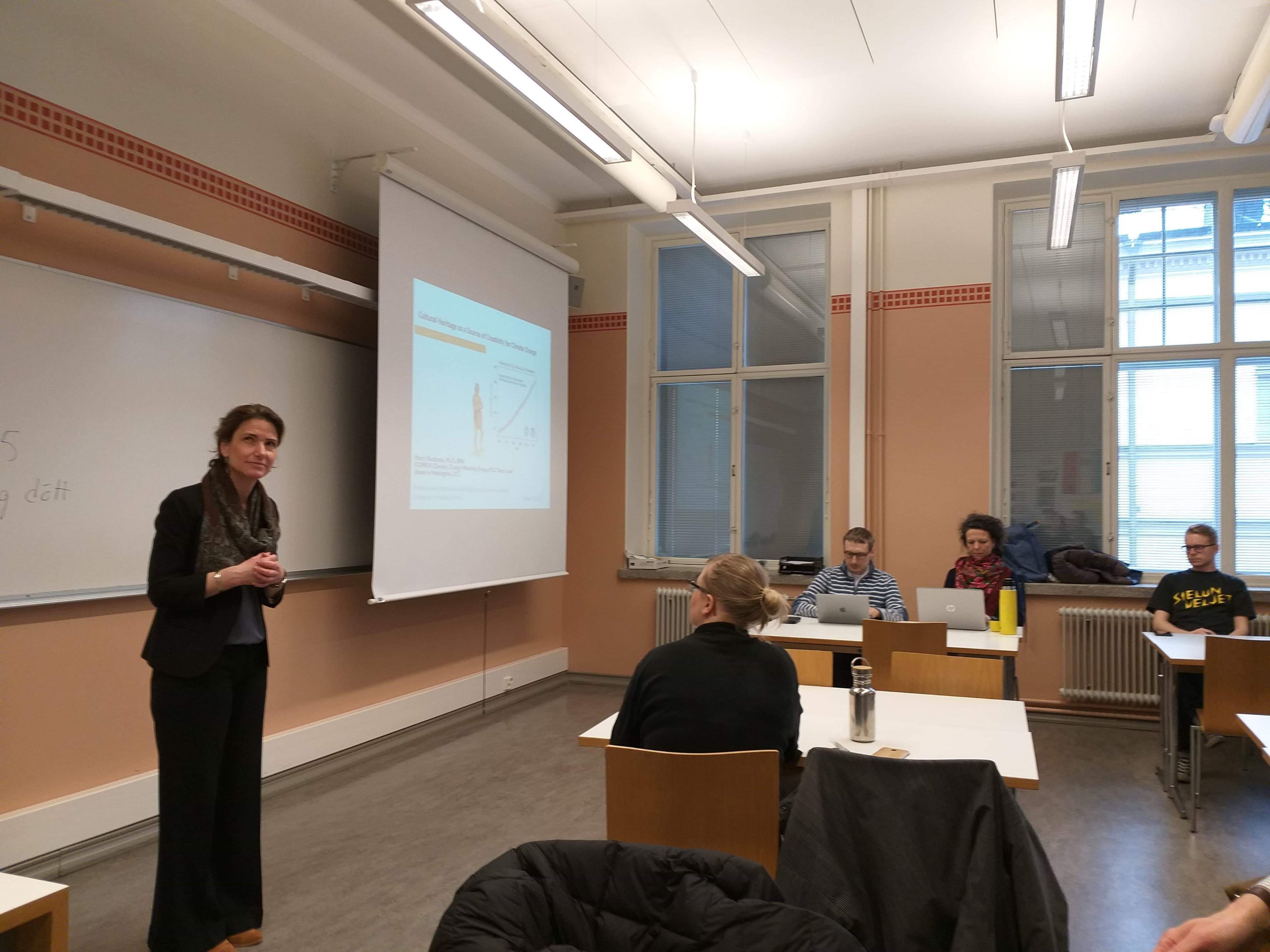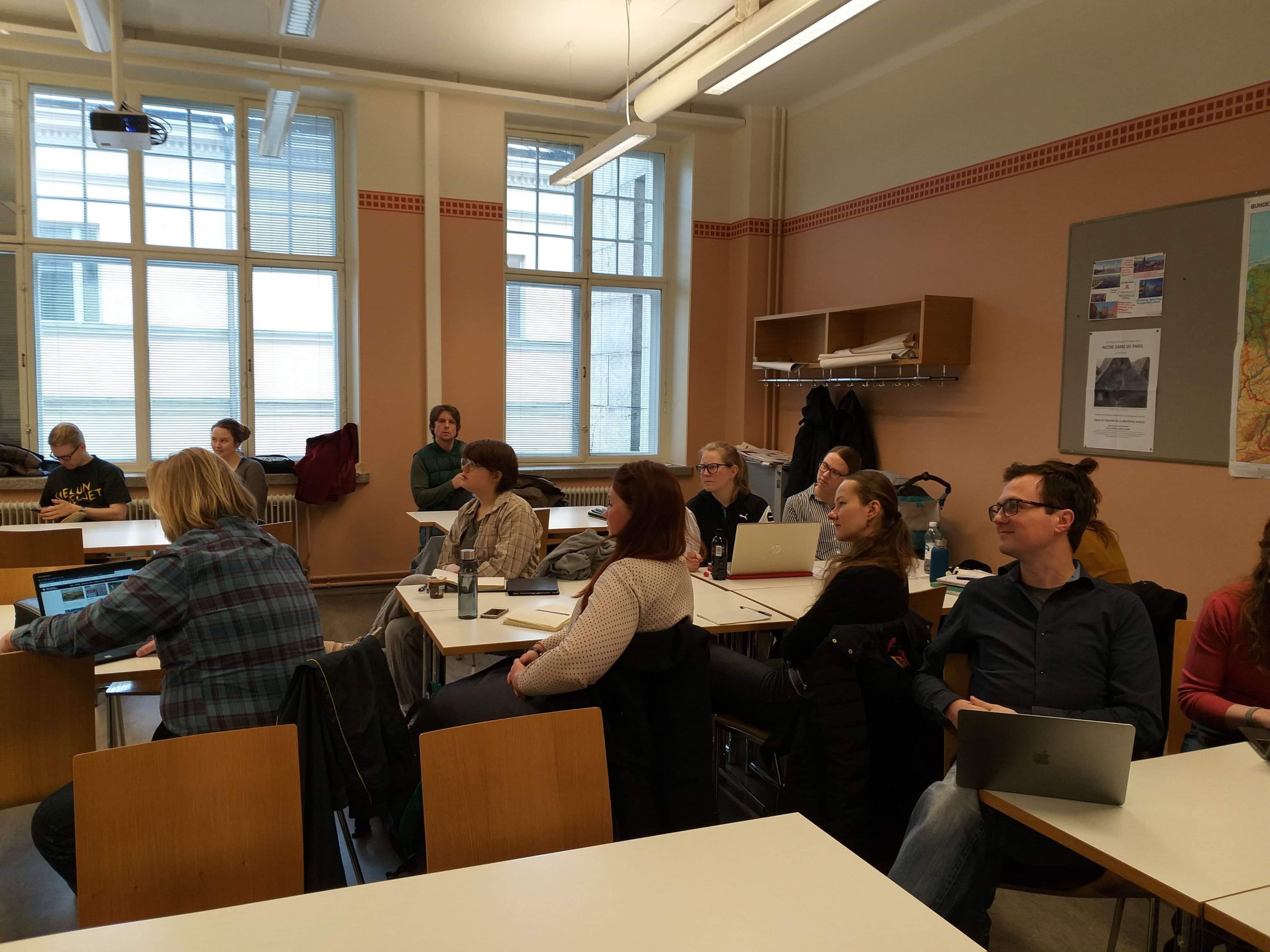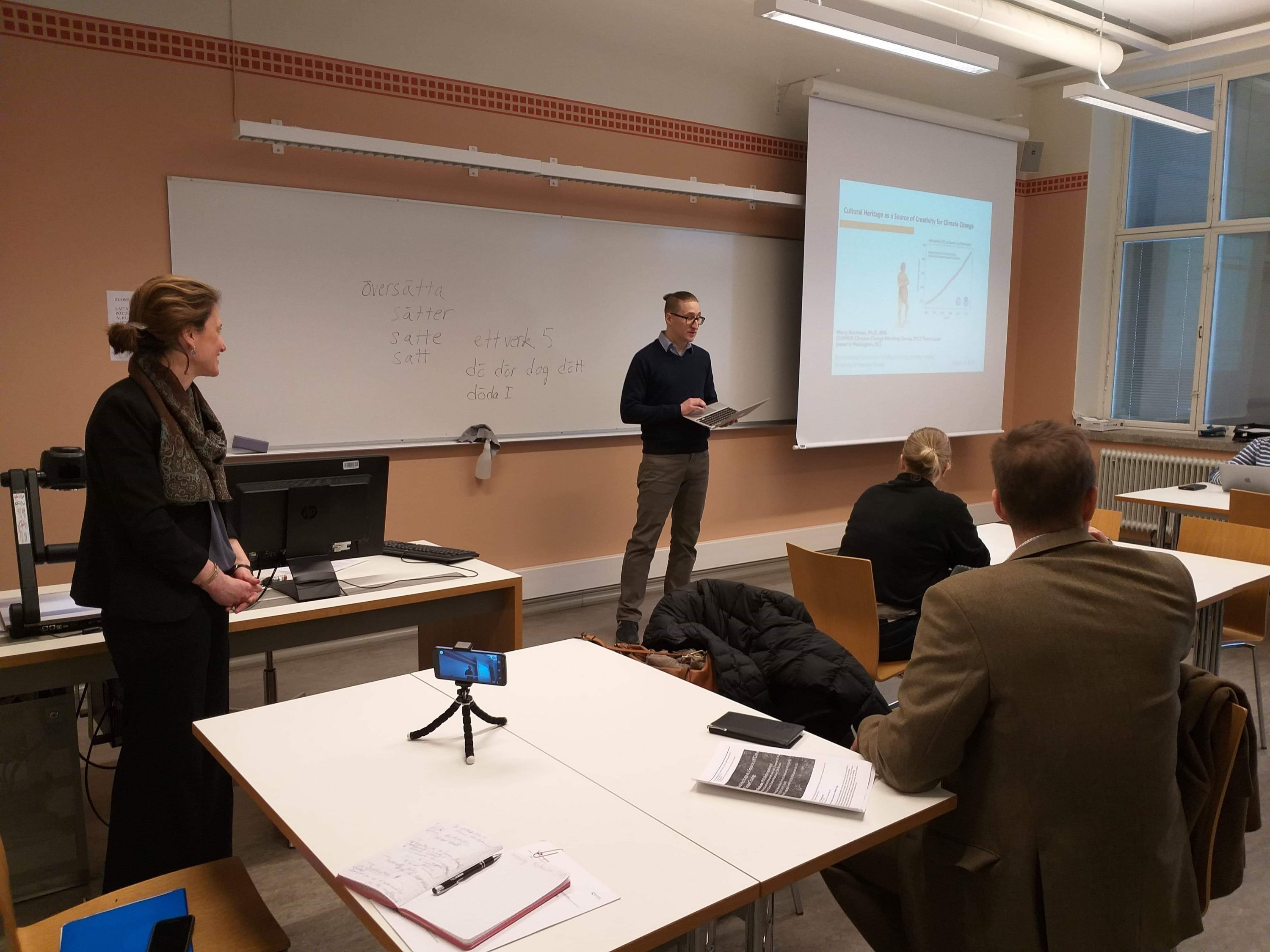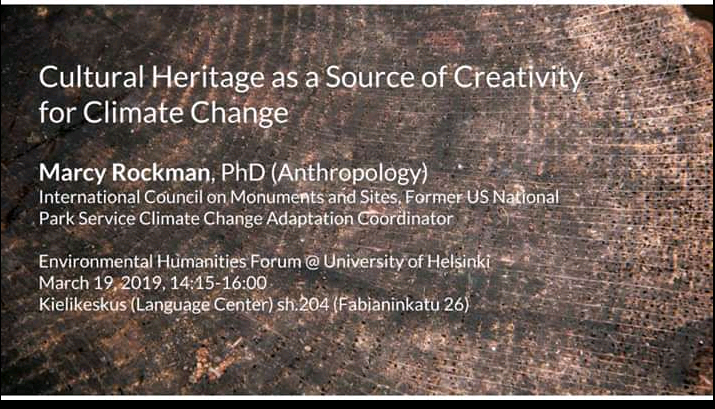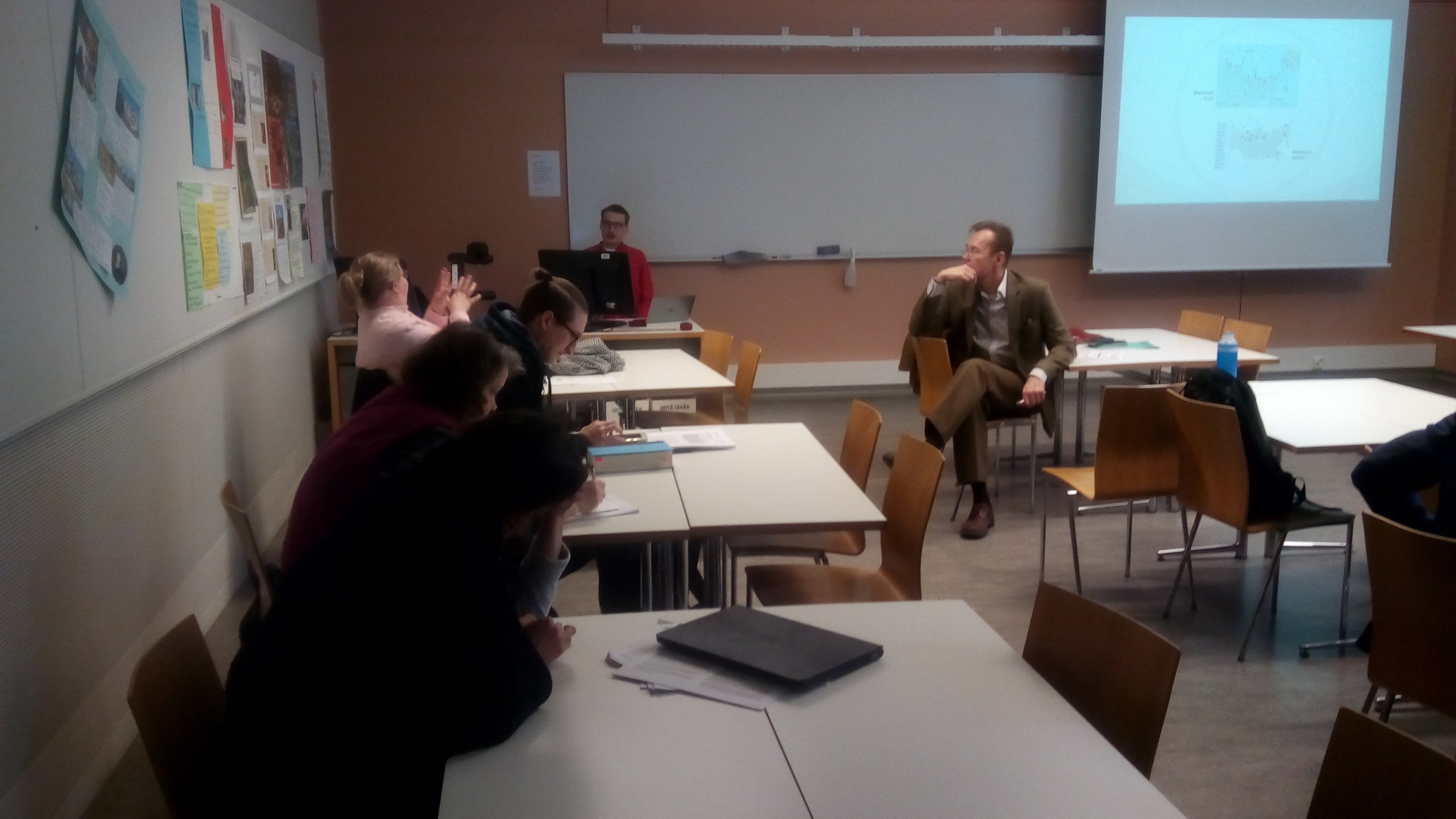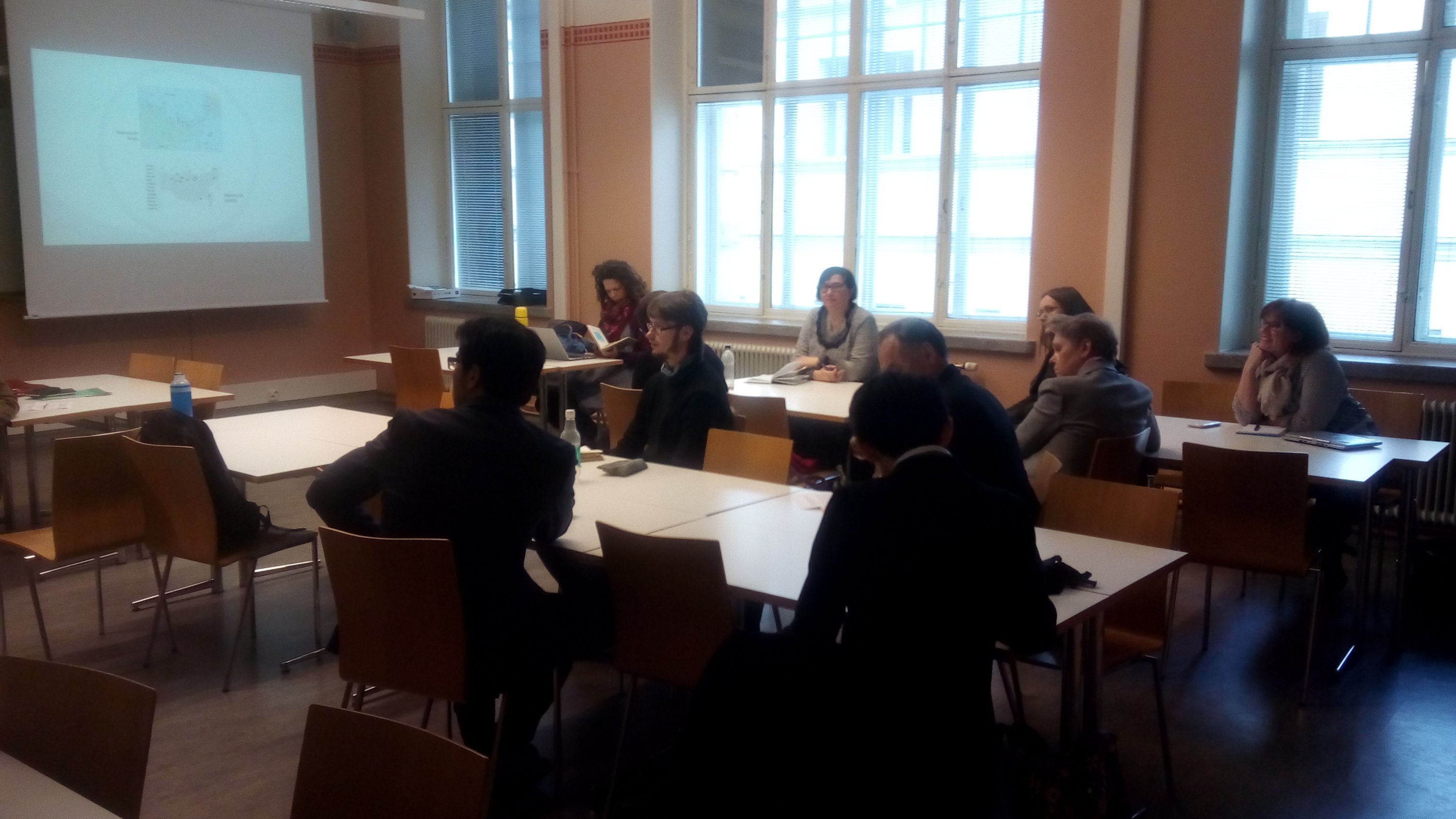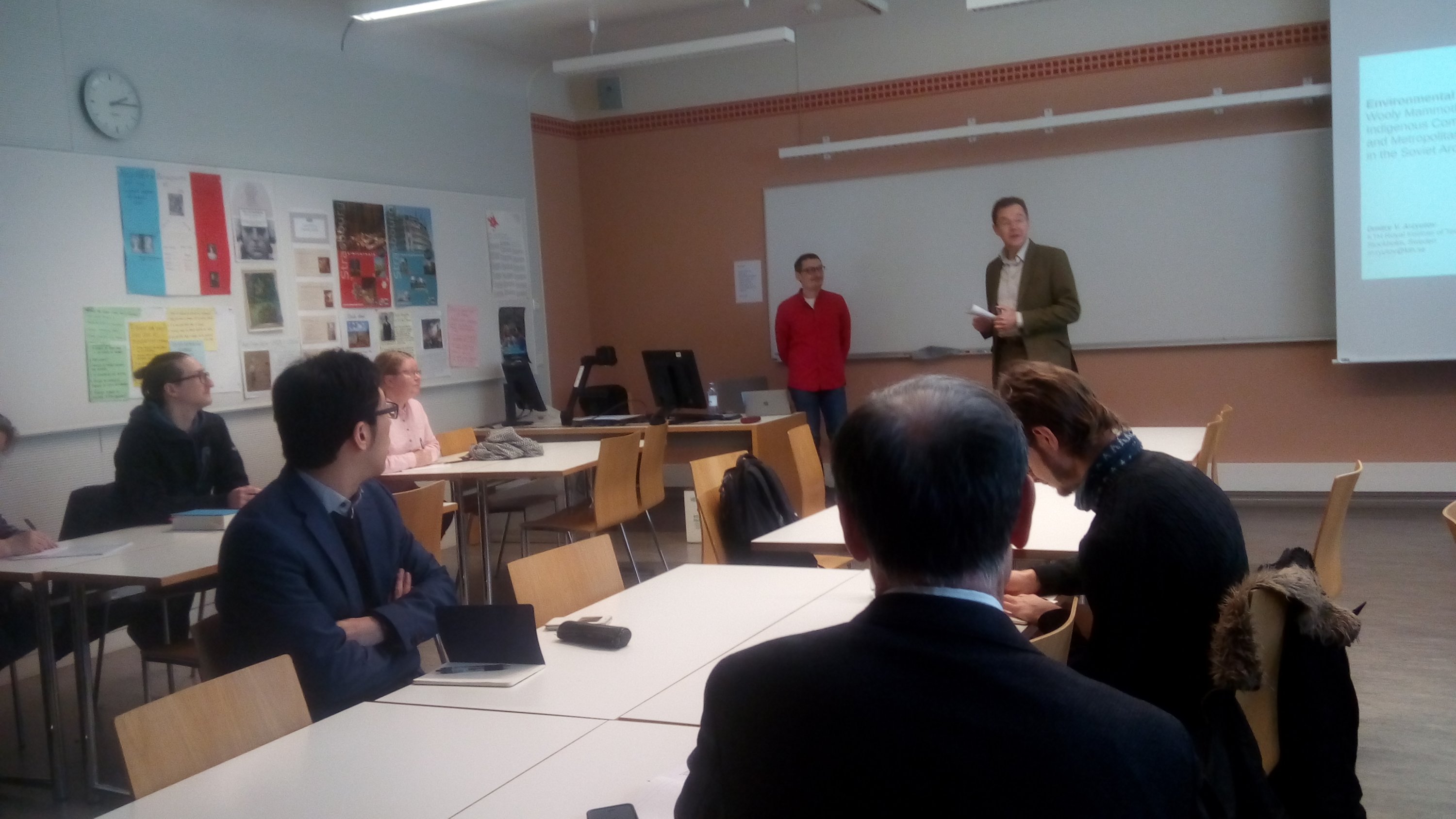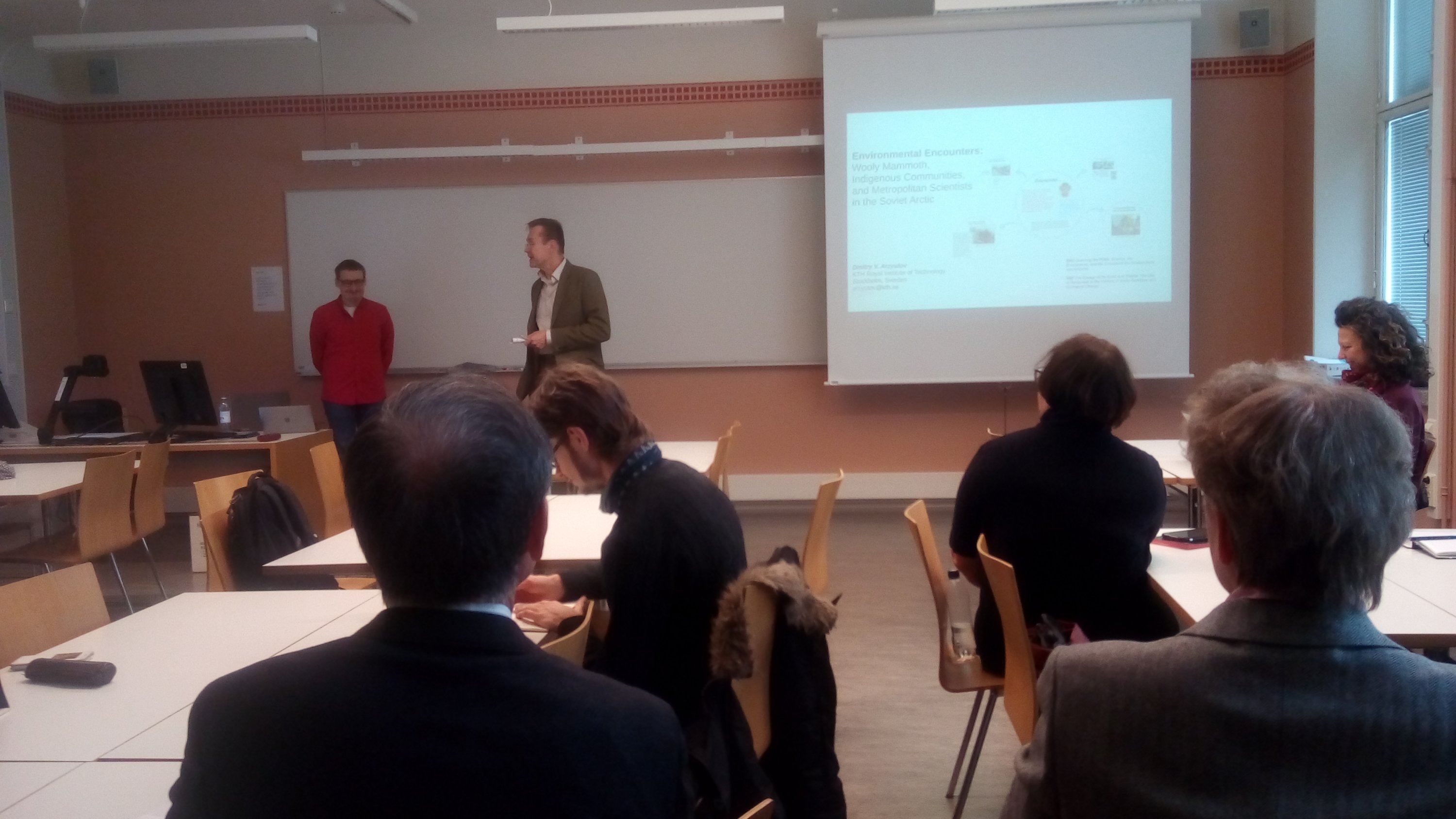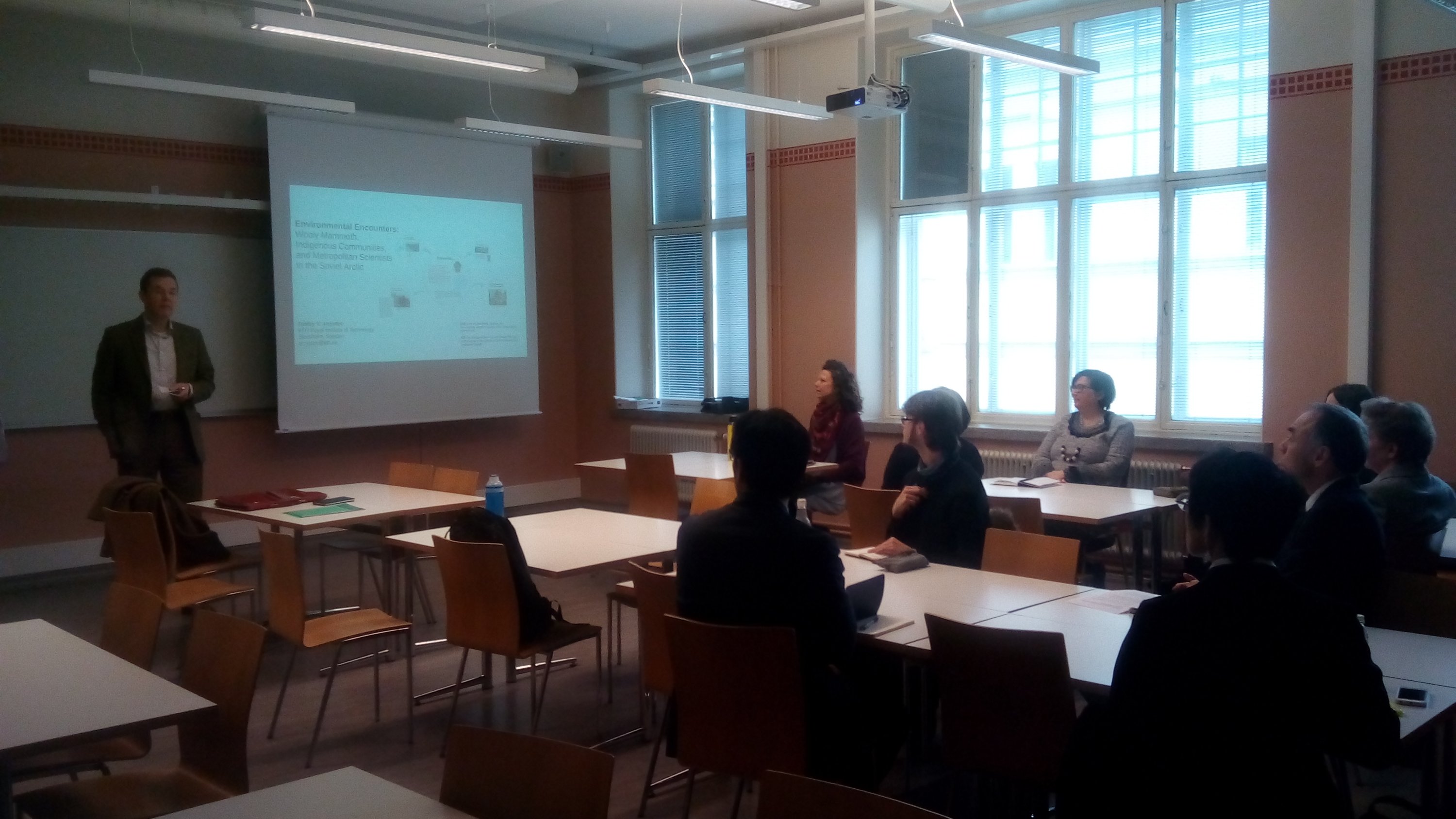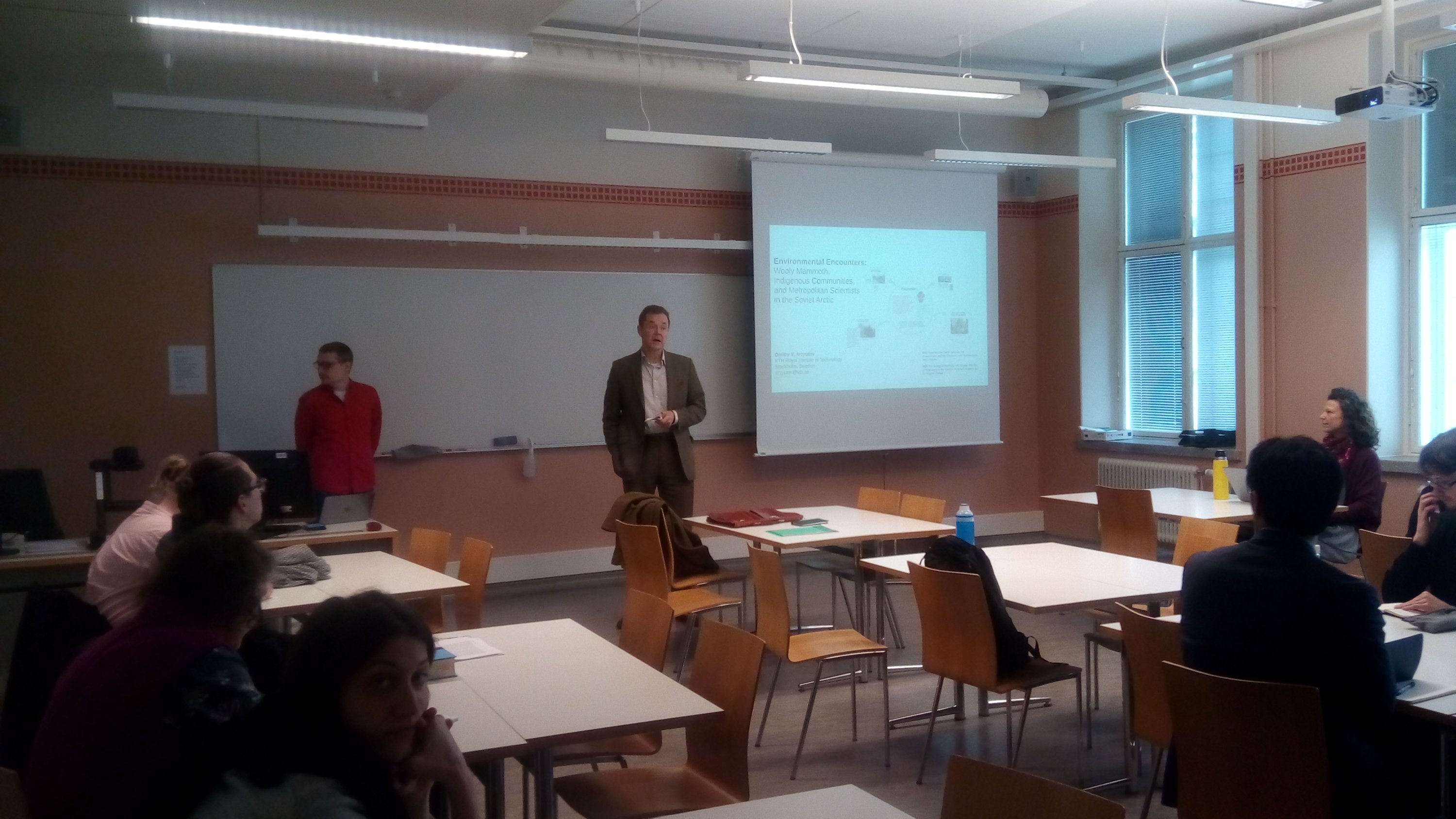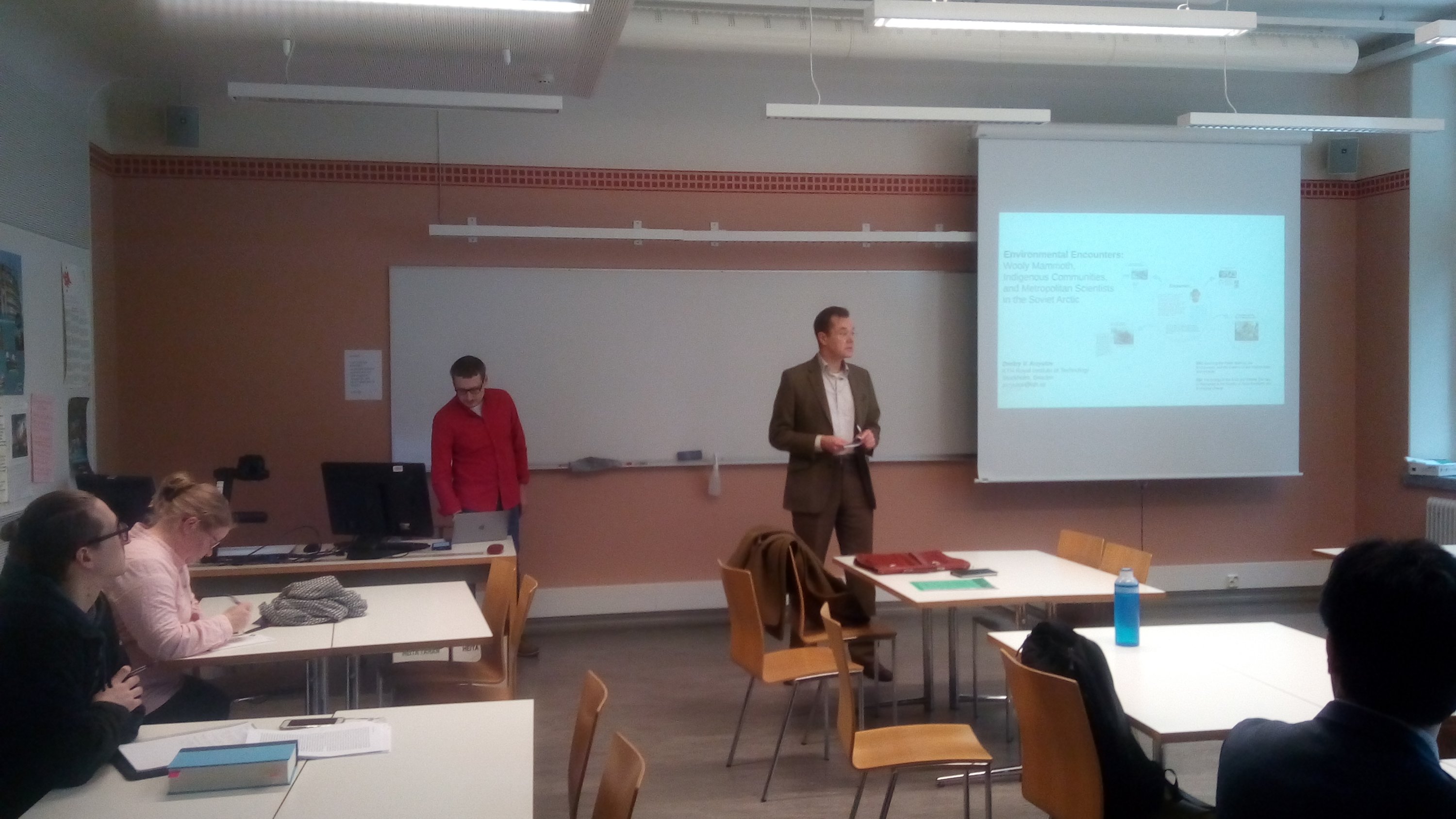Changes in the environment and human-environment relationship have played a central role in history. Environment have had and still has a profound impact on historical study. A great deal of scholarship has been written in Finnish universities addressing the history of climate, landscape, water, air, urbanization, and technological networks not only in relation to Finland’s history but on a wide range of international and global contexts.
The first Finnish Environmental History Day aims to showcase the eminent environmental history scholarship written in Finnish universities, including wide range of topics with Finnish as well as international foci. The Finnish Environmental History Day pursues to foster discourse and provide a chance for networking among the scholars working on environmental history in Finland, or working on a Finnish environmental history topic abroad. The organizers wish to invite scholars at all career stages to submit their proposals. The Finnish Environmental History Day is hosted by the Helsinki University Humanities Programme, Environmental Humanities Hub.
The 2020 Finnish Environmental History Day welcomes papers on all topics. Papers on the following themes are particularly likely to be included into the program:
– Finnish environment between the East and the West
– Lakes, sea, rivers, forests, bogs, wetlands, rural areas and the city
– Relationship of humans and animals
– Politics, economy, technology, institutions and the environment
– Environmental crises in societies
– The role of the environment in liberal democracies and authoritarian regimes
– International/transnational discourses and conceptualizations of environmental policies
The organizers wish to receive primarily proposals for written presentation but also accept proposals for oral presentations. The language of the presentations can be either in Finnish or in English.
To apply please send your max. 300 word abstract and short CV in English or Finnish to the organizers by March 1, 2020, to the following email address: viktor.pal@helsinki.fi
Accepted speakers will be notified by March 15. Organizers will provide lunch and coffee during the meeting. Speakers are kindly asked to fund their trips to Helsinki.
Additionally, the participants have a chance to take part to a self-financed social dinner right after the conference ca. 17:00.
Organizers would like to express their gratitude to the generous funding by the Helsinki University Humanities Programme and venue provided by HELSUS, Helsinki Institute of Sustainability Sciences.
—
Call for Papers
Ympäristön muutoksilla sekä ihmisen ja ympäristön suhteella on keskeinen rooli historiassa ja historian tutkimuksessa. Suomalaisissa yliopistoissa on kirjoitettu erinomaista tutkimusta ilmaston, maiseman, veden, ilman, kaupungistumisen ja teknologisten verkkojen historiasta Suomessa, mutta myös monenlaisissa kansainvälisissä ja globaaleissa konteksteissa
Ensimmäisen Suomen ympäristöhistoriapäivän tavoitteena on esitellä suomalaisissa yliopistoissa tehtyä korkeatasoista ympäristöhistorian tutkimusta, jonka aiheet kattavat laajasti niin suomalaisia kuin kansainvälisiäkin teemoja. Lisäksi Suomen ympäristöhistorianpäivä pyrkii tarjoamaan mahdollisuuksia verkostoitumiseen ja keskusteluyhteyksien syntymiseen ympäristöhistoriallisten aiheiden kanssa työskentelevien tutkijoiden välillä Suomessa ja ulkomailla. Järjestäjät toivottavat eri uravaiheissa olevat tutkijat tervetulleiksi esittelemään tutkimuksensa. Suomen ympäristöhistorianpäivän järjestää Helsingin yliopiston humanististen tieteiden ohjelma, Humanistisen ympäristötutkimuksen keskus.
Vuoden 2020 Suomen ympäristöhistoriapäivä toivottaa kaikki aiheet tervetulleiksi. Erityisesti kuitenkin seuraavia aiheita käsittelevillä esityksillä on suuri mahdollisuus päästä mukaan ohjelmaan:
– Suomalainen ympäristö idän ja lännen välillä
– Järvet, meri, joet, metsät, turvesuot, kosteikot sekä maaseutu ja kaupunki
– Ihmisen ja eläimen välinen suhde
– Politiikka, talous, tekniikka, instituutiot ja ympäristö
– Ympäristökriisit yhteiskunnissa
– Ympäristön rooli liberaaleissa demokratioissa ja autoritaarisissa järjestelmissä
– Kansainväliset/ ylirajaiset ympäristöpoliittiset diskurssit ja käsitteet
Järjestäjät toivovat ensisijaisesti kirjallisia esityksiä, mutta hyväksymme myös suullisia esityksiä. Esitysten kieli voi olla joko suomi tai englanti.
Lähetä maksimissaan 300 sanan abstraktisi ja lyhyt ansioluettelosi järjestäjille 1. maaliskuuta 2020 mennessä seuraavaan sähköpostiosoitteeseen: viktor.pal@helsinki.fi
Hyväksymisestä ilmoitetaan 15. maaliskuuta mennessä. Järjestäjät tarjoavat lounaan ja kahvin tapahtuman aikana. Osallistujia pyydetään ystävällisesti rahoittamaan oma matkansa Helsinkiin.
Lisäksi osallistujilla on mahdollisuus osallistua omakustanteiseen päivälliseen heti konferenssin jälkeen n. kello 17:00.
Järjestäjät haluavat kiittää Helsingin yliopiston humanistisen ohjelman rahoitusta ja tapahtumapaikkaa HELSUSissa.
Finnish Environmental History Day 2020 Organizing Committee
Suomen ympäristöhistoriapäivän 2020 järjestelykomitea
Mikko Saikku, head of the committee, University of Helsinki
Atte Arffman, University of Jyväskylä
Pasi T. Ihalainen, University of Jyväskylä
Matti O. Hannikainen, University of Helsinki
Risto-Matti Matero, University of Jyväskylä
Viktor Pál, University of Helsinki
Paula Schönach, University of Helsinki
Esa Ruuskanen, University of Oulu

